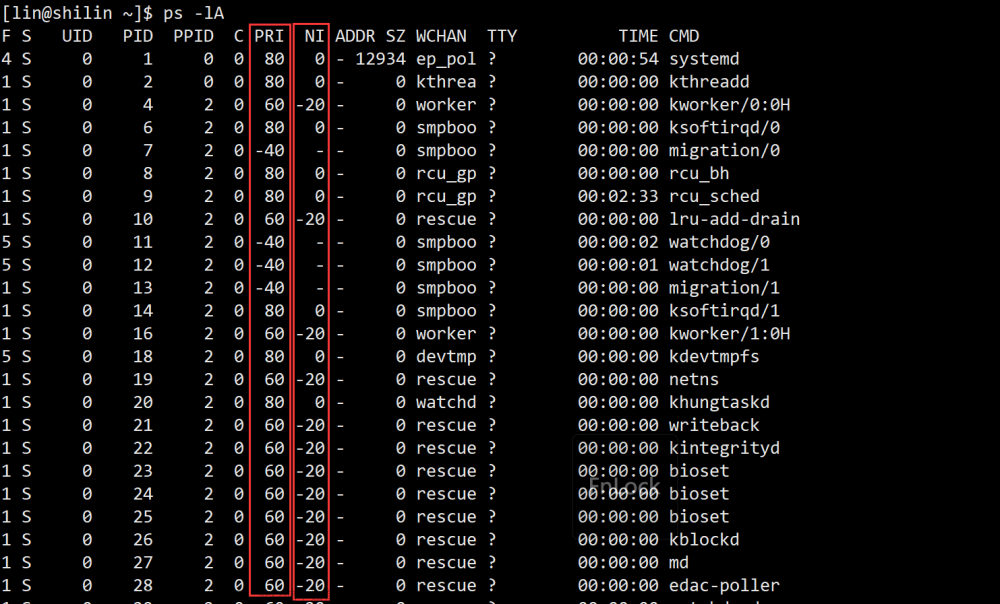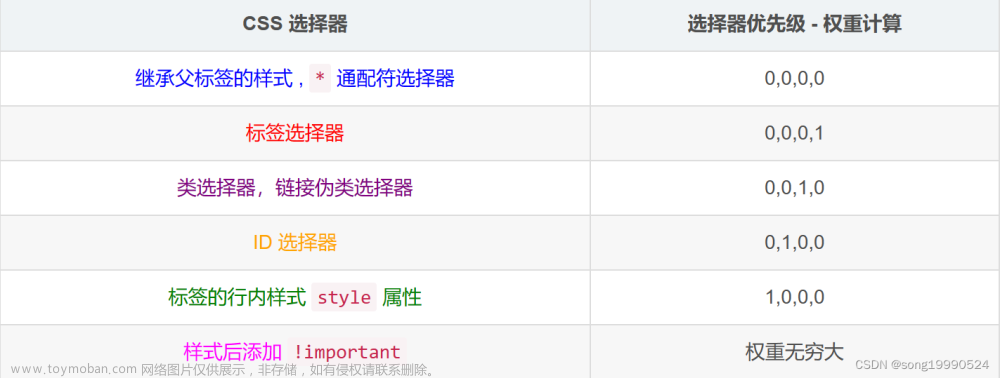在 Elasticsearch 中,查询时可以使用 should、must 和 must_not 关键字来组合多个查询条件。这些关键字定义了查询条件之间的关系,并决定了查询结果的匹配程度。
- must 表示必须匹配的条件,满足 must 条件的文档才会被返回。
- should 表示可选匹配的条件,至少满足一个 should 条件的文档才会被返回。
- must_not 表示必须不匹配的条件,不满足 must_not 条件的文档才会被返回。
在使用 should 和 must 关键字时,可以通过设定优先级来控制查询结果的匹配程度。
在 Elasticsearch 中,使用多个 should 查询条件时,可以通过设定优先级来控制查询结果的匹配程度。
方法是在 should 条件中使用 boost 参数来设定优先级。boost 参数的值越大,则优先级越高。
例如,下面的查询使用了两个 should 条件,第一个条件的优先级比第二个条件高。
{
"query": {
"bool": {
"should": [
{ "match": { "title": "Elasticsearch" } },
{ "match": { "content": "Elasticsearch" } }
]
}
}
}
可以通过在 should 条件中使用 boost 参数来调整优先级:
{
"query": {
"bool": {
"should": [
{ "match": { "title": { "query": "Elasticsearch", "boost": 2 } } },
{ "match": { "content": "Elasticsearch" } }
]
}
}
}
在上面的查询中,第一个 should 条件的优先级比第二个条件高,因为使用了更高的 boost 值。文章来源:https://www.toymoban.com/news/detail-784152.html
注意,使用 should 条件时,至少要满足一个条件才会返回结文章来源地址https://www.toymoban.com/news/detail-784152.html
到了这里,关于ElasticSearch 中 should 设定优先级的文章就介绍完了。如果您还想了解更多内容,请在右上角搜索TOY模板网以前的文章或继续浏览下面的相关文章,希望大家以后多多支持TOY模板网!












